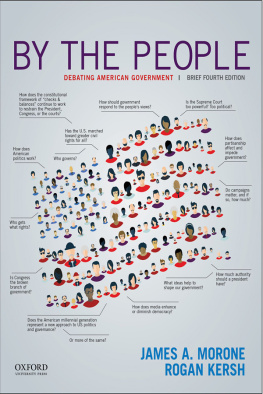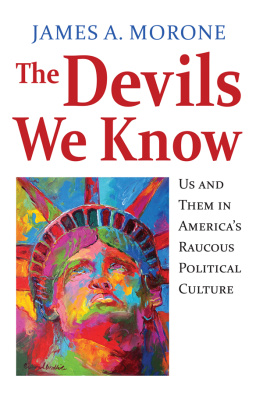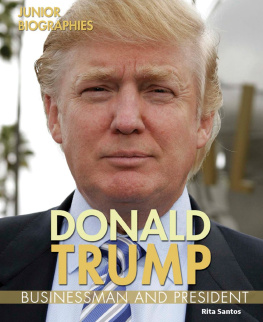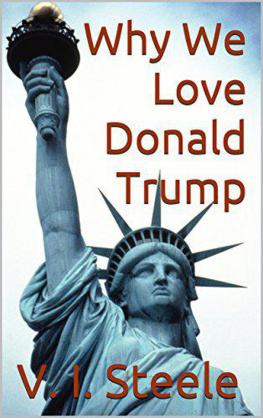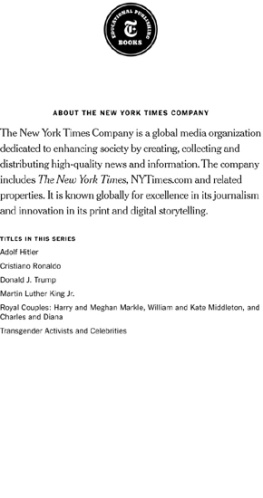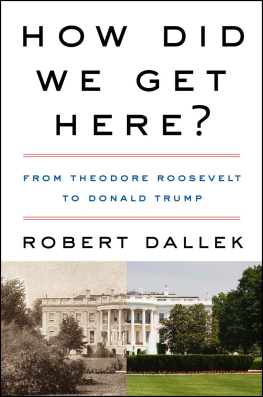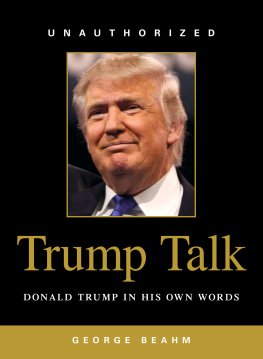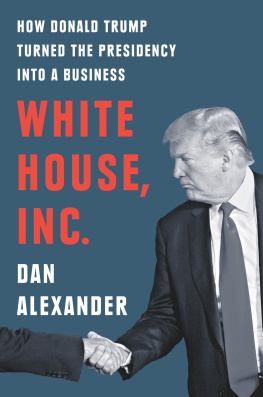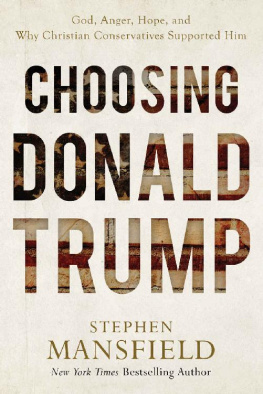James A. Morone - Republic of Wrath: How American Politics Turned Tribal, From George Washington to Donald Trump
Here you can read online James A. Morone - Republic of Wrath: How American Politics Turned Tribal, From George Washington to Donald Trump full text of the book (entire story) in english for free. Download pdf and epub, get meaning, cover and reviews about this ebook. year: 2020, publisher: Basic Books, genre: Politics. Description of the work, (preface) as well as reviews are available. Best literature library LitArk.com created for fans of good reading and offers a wide selection of genres:
Romance novel
Science fiction
Adventure
Detective
Science
History
Home and family
Prose
Art
Politics
Computer
Non-fiction
Religion
Business
Children
Humor
Choose a favorite category and find really read worthwhile books. Enjoy immersion in the world of imagination, feel the emotions of the characters or learn something new for yourself, make an fascinating discovery.

- Book:Republic of Wrath: How American Politics Turned Tribal, From George Washington to Donald Trump
- Author:
- Publisher:Basic Books
- Genre:
- Year:2020
- Rating:4 / 5
- Favourites:Add to favourites
- Your mark:
- 80
- 1
- 2
- 3
- 4
- 5
Republic of Wrath: How American Politics Turned Tribal, From George Washington to Donald Trump: summary, description and annotation
We offer to read an annotation, description, summary or preface (depends on what the author of the book "Republic of Wrath: How American Politics Turned Tribal, From George Washington to Donald Trump" wrote himself). If you haven't found the necessary information about the book — write in the comments, we will try to find it.
James A. Morone: author's other books
Who wrote Republic of Wrath: How American Politics Turned Tribal, From George Washington to Donald Trump? Find out the surname, the name of the author of the book and a list of all author's works by series.
Republic of Wrath: How American Politics Turned Tribal, From George Washington to Donald Trump — read online for free the complete book (whole text) full work
Below is the text of the book, divided by pages. System saving the place of the last page read, allows you to conveniently read the book "Republic of Wrath: How American Politics Turned Tribal, From George Washington to Donald Trump" online for free, without having to search again every time where you left off. Put a bookmark, and you can go to the page where you finished reading at any time.
Font size:
Interval:
Bookmark:
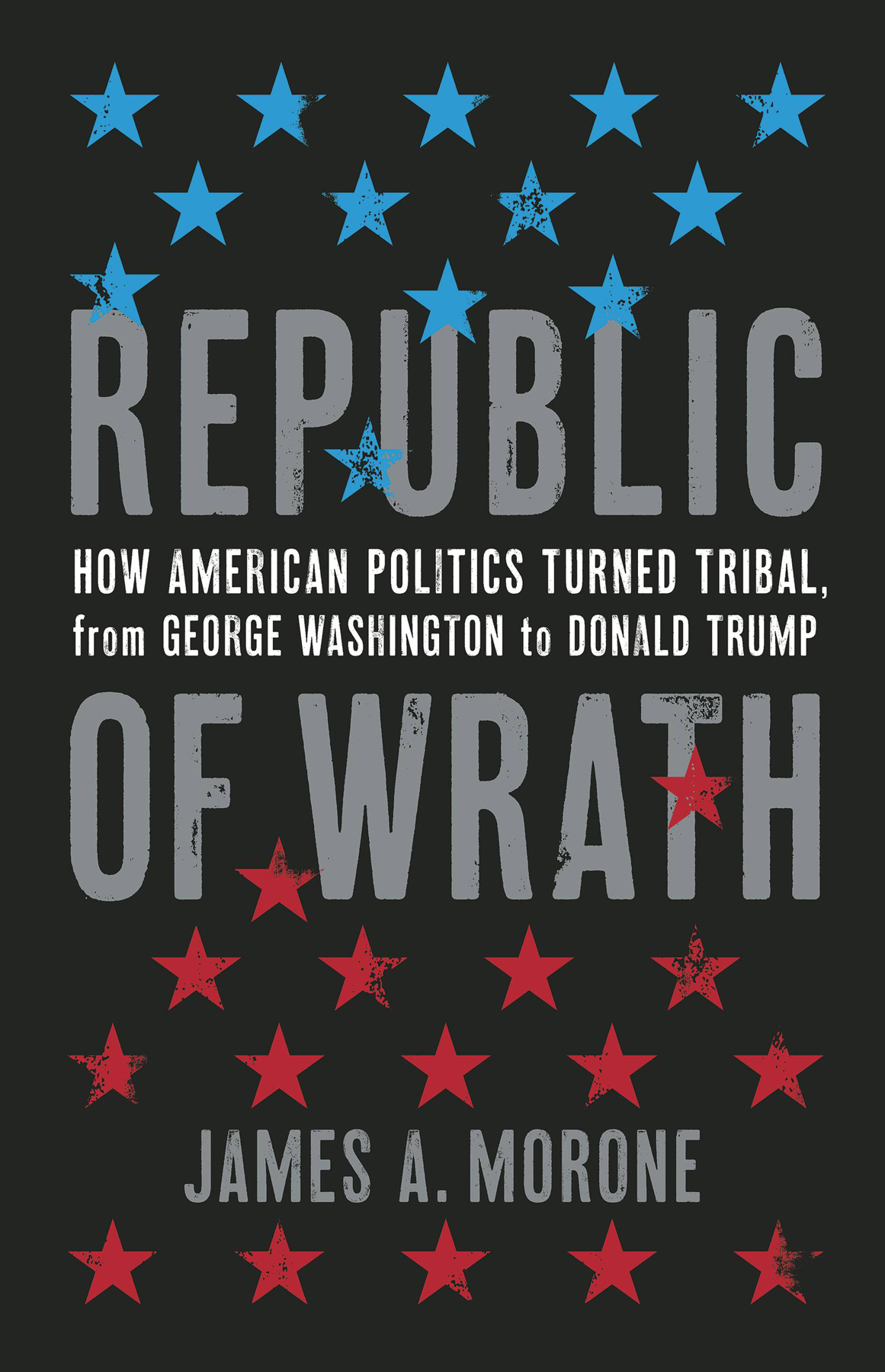
Copyright 2020 by James A. Morone
Cover design by Alex Camlin
Cover copyright 2020 Hachette Book Group, Inc.
Hachette Book Group supports the right to free expression and the value of copyright. The purpose of copyright is to encourage writers and artists to produce the creative works that enrich our culture.
The scanning, uploading, and distribution of this book without permission is a theft of the authors intellectual property. If you would like permission to use material from the book (other than for review purposes), please contact permissions@hbgusa.com. Thank you for your support of the authors rights.
Basic Books
Hachette Book Group
1290 Avenue of the Americas, New York, NY 10104
www.basicbooks.com
First Edition: September 2020
Published by Basic Books, an imprint of Perseus Books, LLC, a subsidiary of Hachette Book Group, Inc. The Basic Books name and logo is a trademark of the Hachette Book Group.
The Hachette Speakers Bureau provides a wide range of authors for speaking events. To find out more, go to www.hachettespeakersbureau.com or call (866) 376-6591.
The publisher is not responsible for websites (or their content) that are not owned by the publisher.
Library of Congress Control Number: 2020938784
ISBNs: 978-0-4650-0244-3 (hardcover), 978-1-5416-7453-0 (ebook), 978-1-5416-4619-3 (library ebook)
E3-20200729-JV-NF-ORI
The Devils We Know: Us and Them in Americas Raucous Political Culture
The Heart of Power: Health and Politics in the Oval Office (with David Blumenthal)
Hellfire Nation: The Politics of Sin in American History
By the People: Debating American Government (with Rogan Kersh)
The Democratic Wish: Popular Participation and the Limits of American Government
Health Care Politics and Policy (edited with Daniel Ehlke)
Healthy, Wealthy, and Fair: Health Care and the Good Society (edited with Lawrence Jacobs)
The Politics of Health Care Reform: Lessons from the Past, Prospects for the Future (edited with Gary Belkin)
For Rebecca
A merican politics is loud, angry, and bristling with us versus them. The hostility between Republicans and Democrats seems to swell with every election. In 2009, a Republican Congressman shouted You lie! at President Barack Obama on national television and raked in almost two million dollars in campaign contributions the following week. Seven years later, candidate Donald Trump screamed Punch him in the face! and a delirious white supporter at a campaign rally buffeted a young black man while others shouted racial epithets. Democrats responded to President Trumps election with annual Not My President marches. In the House of Representatives, 229 (out of 233) Democrats voted to impeach Trump without a single Republican vote. Republican Party members call Democrats immoral and lazy. Democrats fire back with closed minded and dishonest. On dating apps, people even spurn romance with partners from the opposite partyand thats just as well since six out of ten parents would be unhappy if their children married someone from across the political divide.
But is there anything new in our screaming political divisions? Do they endanger the republic, as many observers fear? Or should we all take a deep breath as American politics runs through just another rowdy stretch? This book scans American history to explain what is different about the passionate presentand how the past might guide us to toward a better future.
Much of what we deplore today is nothing new: nastiness, violence, intolerance, fraud, twisting the election rules, bashing the government, bias in the media, fistfights in Congress, and even a violent coup in North Carolina. We have seen it all before.
But, yes, there is something different about partisanship today, and it centers on two conflicts that each burned hot throughout American historythe long, hard battles that surrounded race and immigration. In every generation, African Americans dared the nation to honor its founding statementsand then braved the violent backlashes. Clashes over slavery, segregation, racial equality, white privilege, and black lives profoundly shaped each twist and turn in the history of partisan politics. Immigrants faced a different set of challenges as they pressed for a place at the American table. Some Americans always seemed to fear the new arrivalsthey came from the wrong places, represented inferior races, clung to un-American values, or professed dangerous religions. Spasms of nativism met each immigrant generation. The conflicts over race and immigration touch every aspect of the American story. They reshape the partisan debates because race and immigration create disruptive new answers to the deepest question in American politics: Who are we?
Today the partisan politics enfolding race and immigration have taken a new and unprecedented form. Historically, each of this countrys two major political parties defendedand, in turn, disdaineda different group on the margins of power. Nineteenth-century Democrats welcomed European immigrants and thrust ballots into their hands almost before theyd recovered from the sea voyage. But the Democrats were also the party of thumping white supremacy and stridently defended slavery, segregation, and white privileges. On the other side, the conservative party was more enlightened about race but shouted Fraud! as the Irish or Sicilian or Jewish immigrants lined up to vote. At times, the parties broke into internal factions and the clash went on within their ranks. But, one way or another, the parties split up the nations most explosive conflicts by picking different sides in the struggles over race and immigration. Then, beginning in the 1930s, a new alignment began to take shape.
African Americans boldly joined the Democratsthe bastion of white supremacyand slowly, over decades, became a major force within the party. A second seismic change came from immigration. Between 1970 and 2017, more than sixty million people arrived in the United States, and the number of Americans born abroad leapt from less than one in twenty (in 1970) to almost one in seven people today. By the mid-2000s, most naturalized immigrants had also begun to identify with Democrats. For the first time, black Americans and immigrants were members of the same party.
An unprecedented coalition began to emerge. Democrats assembled African Americans, immigrants, and their liberal supporters. The modern Republican Party gathered people who consider themselves white and native. The most passionate differences ringing through American history are now organized directly into the parties. For the first time, all the so-called minorities are on one side.
The politics grew more treacherous when the US Census Bureau crunched the 2000 census results and made a controversial prediction: the United States would become majority-minority within a generation. White people (who are not Hispanic) would make up 46 percent of the population by 2050 and just 36 percent by 2060. In the past, the parties would have diffused the political impacteach party would have claimed one part of the rising majority. But thanks to the new party alignment, majority-minority sounds suspiciously like majority-Democratic.
Todays party division threatens to turn every difference into a clash of tribes. Policy questionswhat to do about health care or taxes or global warmingbecome caught up in the us-versus-them
The history of partisanship reveals four additional twists to the politics of us versus them. The first springs from a curious silence at the very heart of the republic: How should we run elections? The men who wrote the Constitution shrugged off the question and left it to the states. And there, from the start, the majorities ruthlessly changed the rules to their own advantage. During the very first presidential campaignwhen two parties each fielded a single candidate (in 1800)seven out of the sixteen states changed or debated changing the election rules. As parties developed, they grew more brazen about rigging the process. To this day, there is often no neutral arbiter to oversee elections, carve the districts, decide who qualifies to vote, determine registration procedures, specify how votes are cast, count the ballots, or adjudicate disputed returns. There are few rules and almost no guidelinesjust political muscle down in the states and towns.
Font size:
Interval:
Bookmark:
Similar books «Republic of Wrath: How American Politics Turned Tribal, From George Washington to Donald Trump»
Look at similar books to Republic of Wrath: How American Politics Turned Tribal, From George Washington to Donald Trump. We have selected literature similar in name and meaning in the hope of providing readers with more options to find new, interesting, not yet read works.
Discussion, reviews of the book Republic of Wrath: How American Politics Turned Tribal, From George Washington to Donald Trump and just readers' own opinions. Leave your comments, write what you think about the work, its meaning or the main characters. Specify what exactly you liked and what you didn't like, and why you think so.

